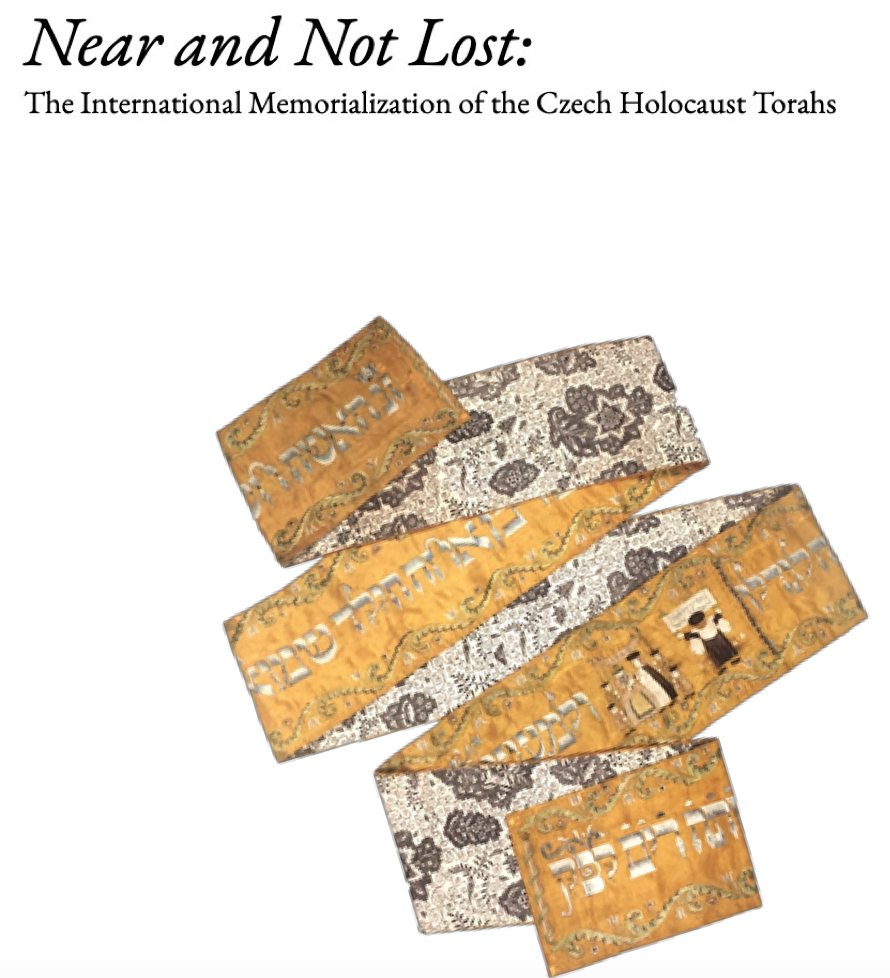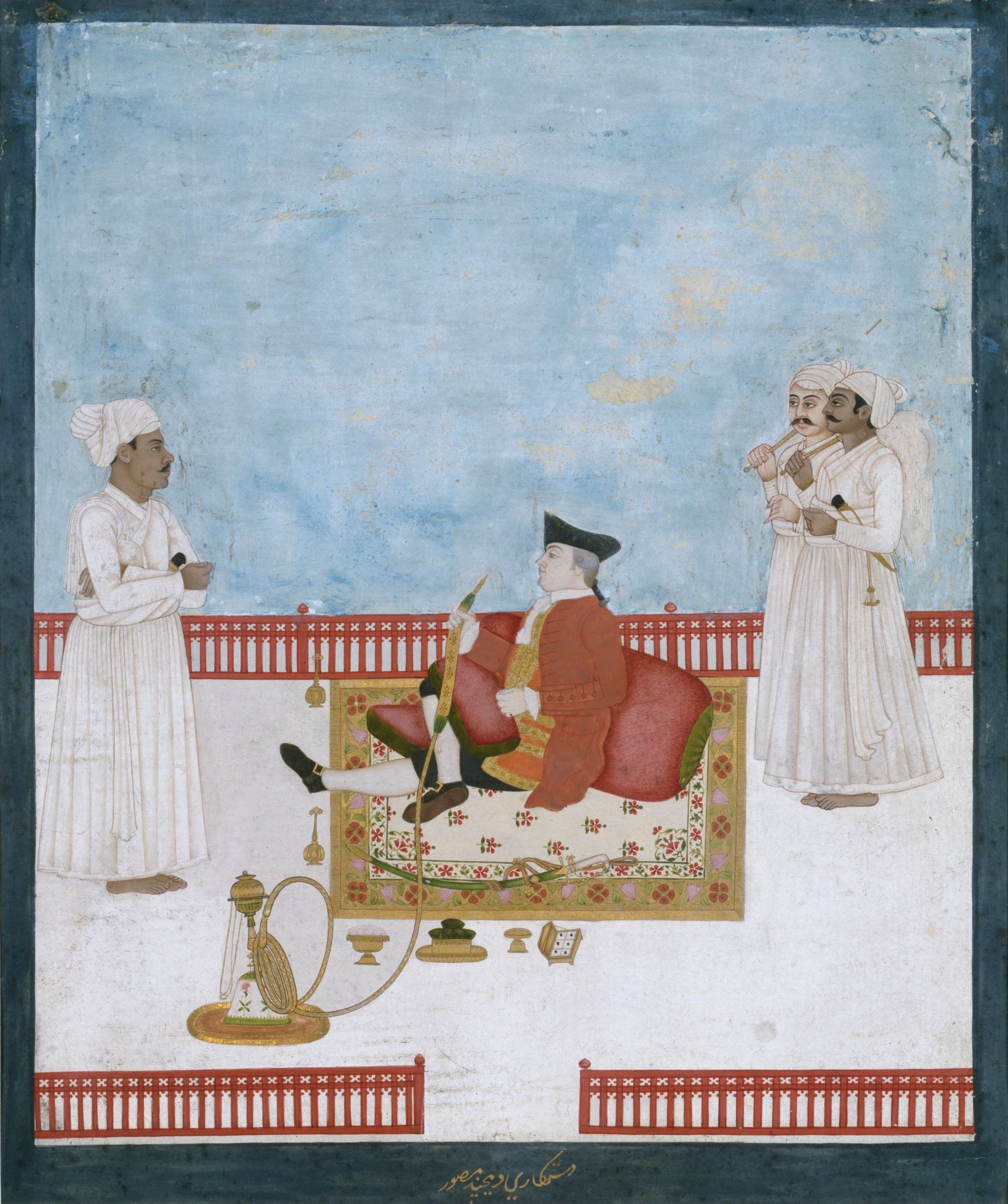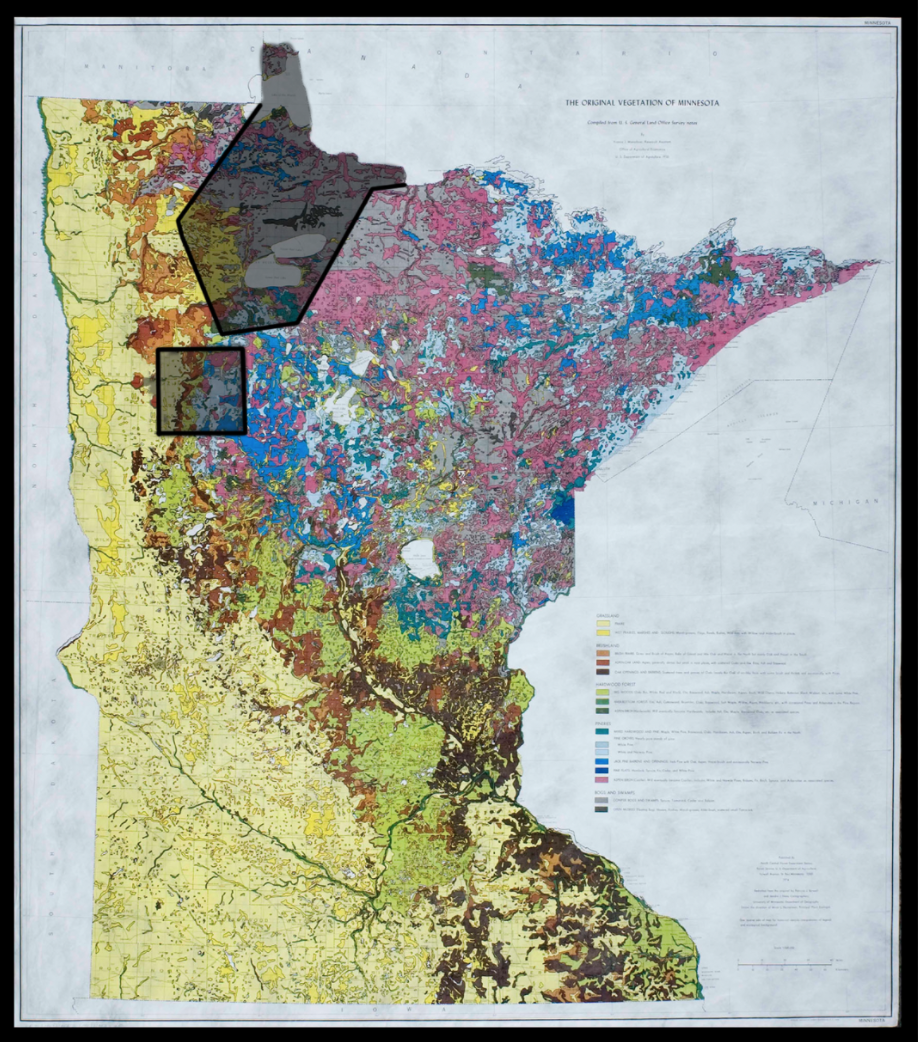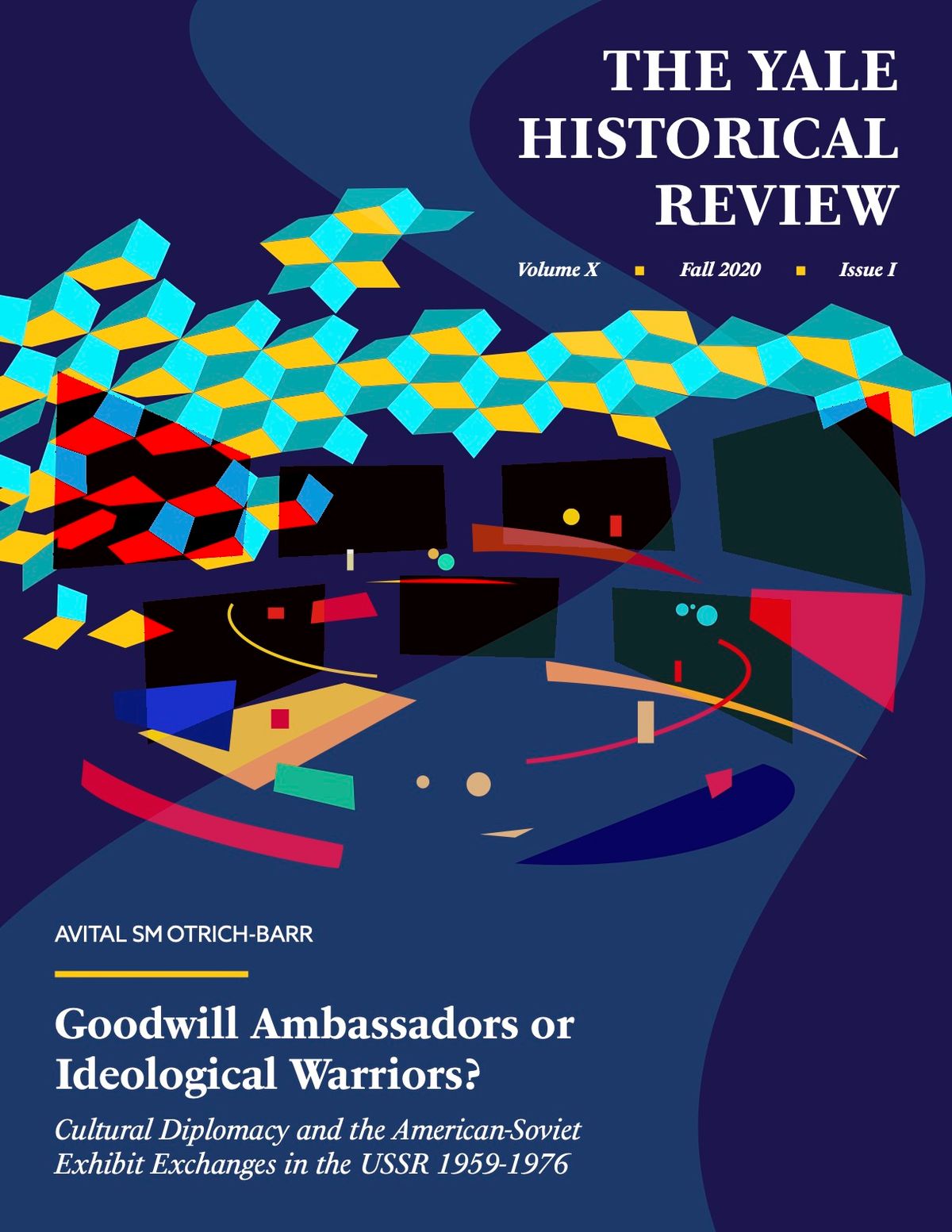Dear Readers,
Thank you for reading the Fall 2020 edition of The Yale Historical Review (YHR). I write this letter from the somewhat curious position as a soon-to-be graduate from Yale. For the first time in four years, I will no longer be a member of the YHR.
In August 2017, I walked into Payne Whitney amid hundreds of undergraduates and found the booth that opened my eyes to a passion I never knew I would have: student publishing. Since then, the YHR has become foundational to my time at Yale. Beyond defining my college experience, the YHR has shaped my postgraduate trajectory. And, thanks to this journal, I have formed friendships that will last far longer than any publication cycle and learned lessons that no class could teach.
Although collaborating remotely since March 2020, the creativity and brilliance of my peers has continued to guide this journal’s growth. Even as the YHR has expanded its scope over the past months, we have upheld our same rigorous double peer-review process. Due to an increase in submissions, we had a record sub-3% acceptance rate in this cycle. The five featured authors embody our core commitment to intellectual diversity and excellence. Heidi Katter, Olivia Noble, Avital Smotrich-Barr, Dimitri Vallejo, and Zachary Wallis have all produced original, engaging scholarly work.
In addition to these authors, YHR editors have spent hours polishing these pieces for a wider audience. The very existence of this edition speaks to the dedication of scores of students, faculty, and staff who are committed to providing platforms for students to explore their passions and express themselves.
As I prepare to leave this journal, I know that I will likely never again find a community quite like the one the YHR has provided me over these “bright college years.” By nature, the YHR depends upon the cycle of students arriving in Payne Whitney for the Extracurricular Bazaar and leaving at Old Campus on Commencement. This movement and mixing of new ideas and people make the journal so dynamic, so special.
Writing these final lines on moving away from New Haven brings tears to my eyes. But I find solace knowing that in only a few months, other first years will wander over to that booth with a cardboard poster that reads The Yale Historical Review.
Sincerely,
Henry Maxwell Jacob, Editor in Chief







